Software AG
A one-stop shop where innovation is crucial
Dr Harald Schöning is Vice President Research at Software AG, responsible for all publicly funded research projects at Software AG. He is member of the Board of ITEA, NESSI (Networked European Software and Services Initiative), the Big Data Value Association BDVA as well as a member of the steering board of the German national platform ‘Industry 4.0’. For more than 25 years, he has been working for Software AG. Who better, then, to give the inside track on Software AG.
Digital backbone
“Software AG is quite an old company for the software market because we were founded in 1969. Which is actually the reason why we could call the company Software AG because, back then, selling software was not the usual business model. Hardware manufacturers such as IBM, also sold the software or even gave it away for free to their customers. It was very unusual to unbundle the hardware and the software business. We grew fast with our first area of business, which was a database system and so-called third generation programming language. The main programming languages were COBOL and Fortran (which was used for scientific applications). But since COBOL was not very easy to use, we invented a programming language that included, for example, database accesses. It proved very successful and later, of course, we extended our business to other areas. Nowadays, Software AG delivers integration technology for the truly connected enterprise, integrating processes, data and software packages. So, we are more or less the digital backbone of companies, allowing our customers to build and connect applications so that data and information can be drawn from various sources, combined and analysed. In fact, 50% of the top 500 companies worldwide are our customers.”
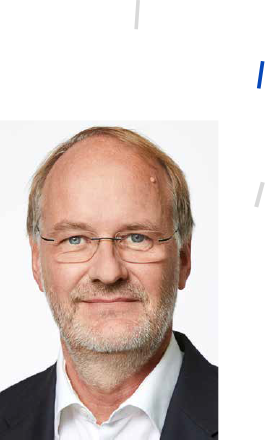
One-stop shop of innovation
Such impressive figures suggest that Software AG has an appeal that others lack. Harald explains that while competitors cover many of the same areas as Software AG, no single competitor covers the same range. “We’re a one-stop shop where innovation plays a crucial role,” Harald says. “It’s our daily business more or less because we have to deal with ever-changing environments among our customers and with ever-changing technologies. For example, we are looking into quantum computing, what that might mean for us. In fact, this applies to all of the major trends and developments in the domains that are of relevance to us. So we have to be innovative, and that's one of the reasons why we do research projects, for example, under the umbrella of ITEA.”
Context to create ideas
Software AG is a fairly recent addition to the ITEA Community and, having been invited to join ITEA, quickly became a Board member. “ITEA gives us the context to create ideas for projects. Our first ITEA project, AIToC, funded by the Federal Ministry of Education and Research, is about using AI for supply chain management to support the manufacturing sector and its tool chain.” Artificial Intelligence-supported Tool Chain in Manufacturing Engineering, to give the project its full name, employs artificial intelligence for optimisation and monitoring based on sensor data in the plant and synthetic data in a digital twin. The interoperability of engineering tools is a key aspect of this. “We are currently part of four ITEA projects. We recognise that software is the ultimate value driver, which is why we set out to become the software pioneers of a truly connected world. The ITEA connection helps us to achieve our mission to develop an industry-leading suite of products.”
Multiple benefits
The benefits of being part of these projects are multiple, Harald suggests. “First of all, we get a very close contact to potential customers. Secondly, we get a lot of insights into certain domains, which is of course important because you have to understand the domain to sell successfully in that domain. It’s much easier to convince a potential customer if you have that insight. Thirdly, we learn about possible application areas of software or the limitations. And finally, if we find such shortcomings, we can also improve our software during the course of the research project. And we can apply the results of the research in our products and consulting.”
Value of funding
In addition to the ITEA programme, Software AG is also involved in national publicly funded research projects as well as European Commission programmes. Involvement in any of these programmes can be a burden in terms of money and time, so public funding and support are essential. Harald: “If we didn’t get funded, it would not pay off for us to participate. After all, the benefits then would be too small to spend all that money. So we need the funding to be involved in such research projects. I mean, you have to spend your resources wisely. In Germany, we are in regular contact with the Public Authorities about what the hot topics are and which would be of interest to them, and quite often that includes our topics in the next research programme.
More information:https://www.softwareag.com

Other chapters
Use the arrows to view more chapters
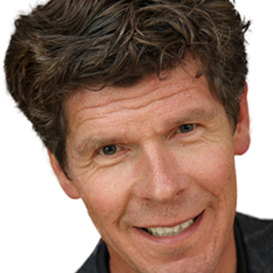
Editorial
By Jan Jonker
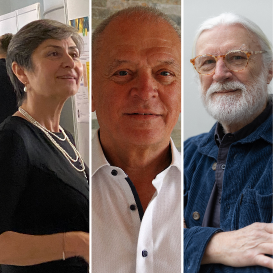
25 years of ITEA
Success built on the inheritance of a very strong base

Country Focus: Germany
Driven by digitalisation, supported by networks
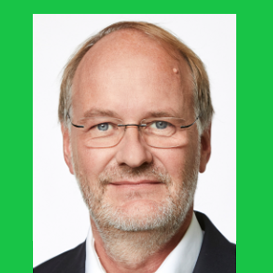
Software AG
A one-stop shop where innovation is crucial

ITEA Success story: PARFAIT
Connecting IoT with greater security
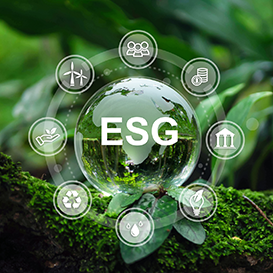
IVVES Project benefits story
Create higher value thanks to automated ESG score calculation
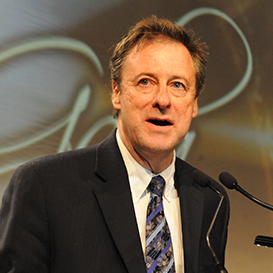
Community Talk with Alain Coulombe
Disruptive entrepreneur to the core
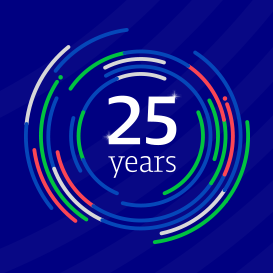
25 years of ITEA
Ground-breaking innovations we’re still grateful for today
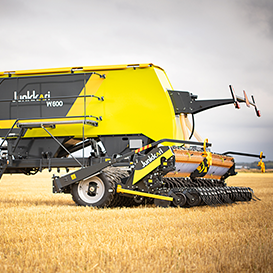
By and for end-users
Junkkari brings predictive maintenance to unchartered domains

ITEA Success story: STARLIT
Aiming for ‘first-time-right’ treatment for cancer patients
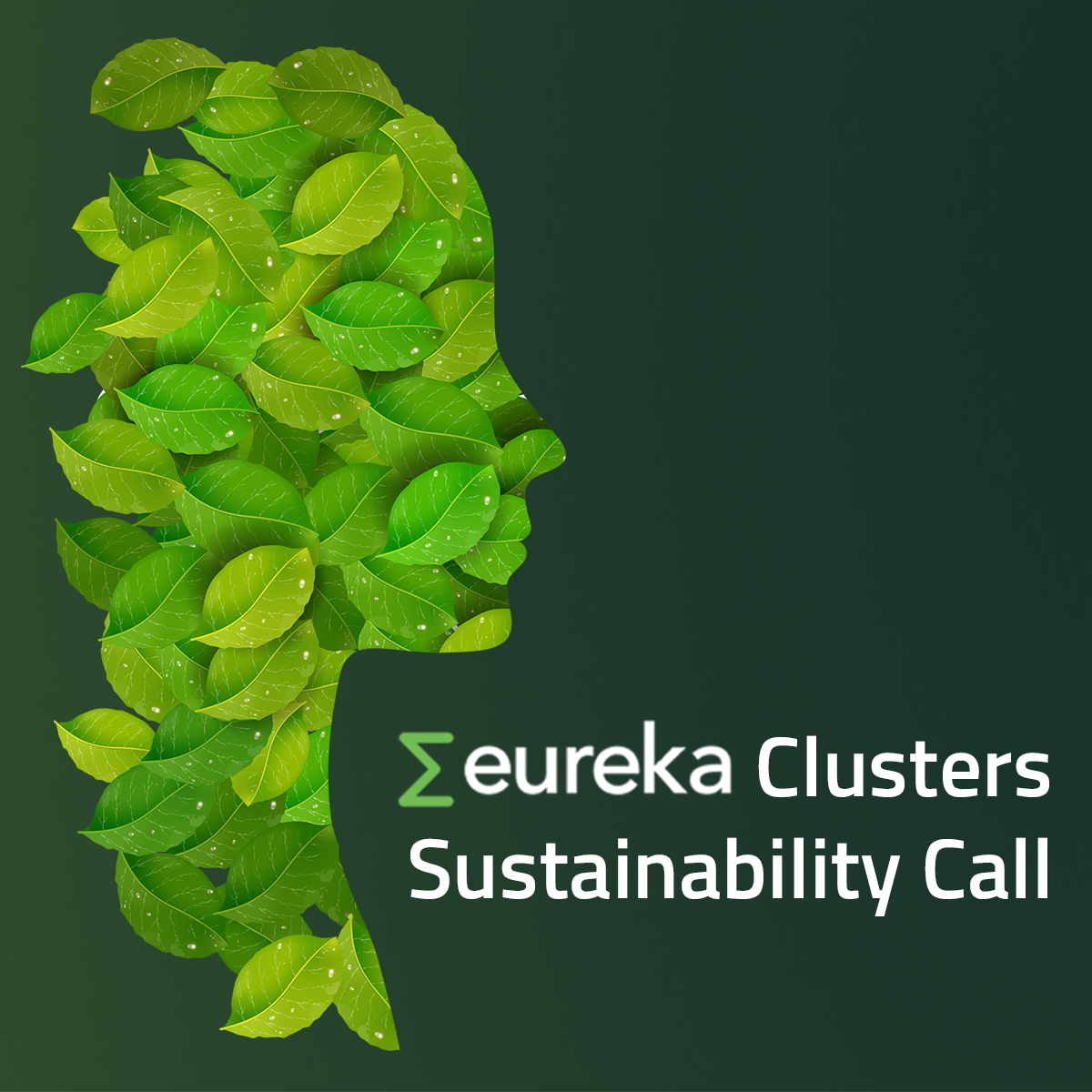
The Eureka Clusters Sustainability Call 2022 projects
Innovations making industry more sustainable and greener

SME in the Spotlight: The REUSE Company
Constant evolution in systems engineering

